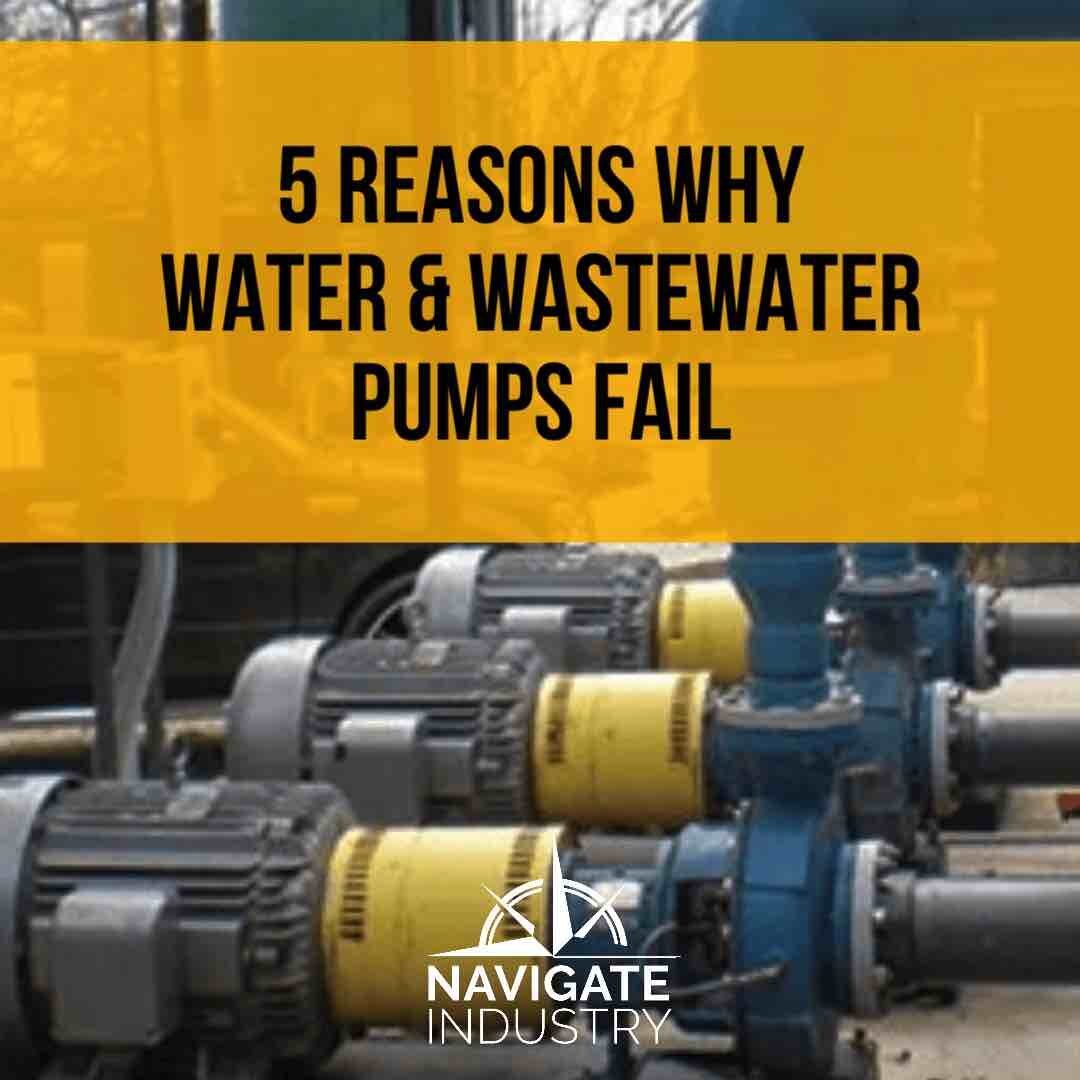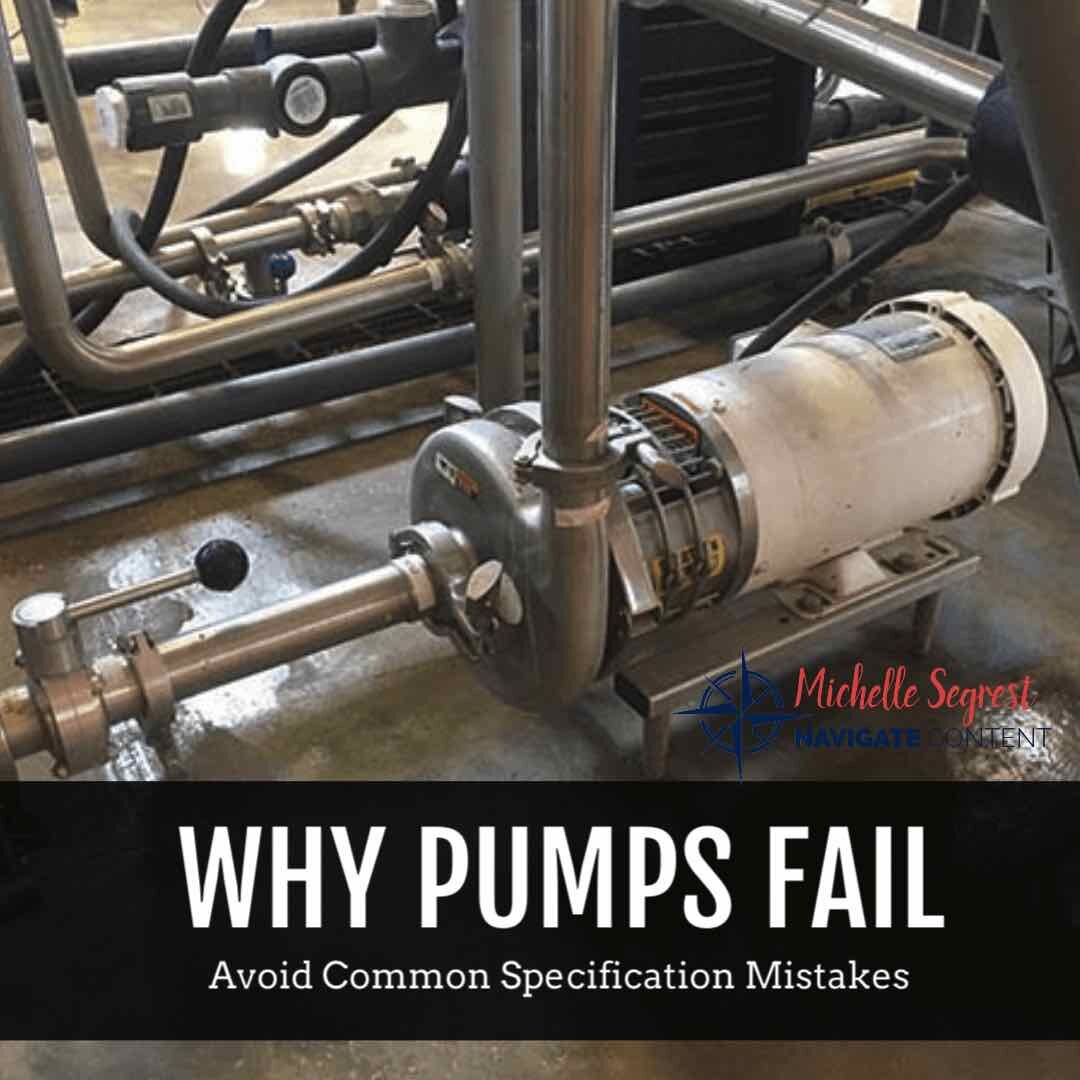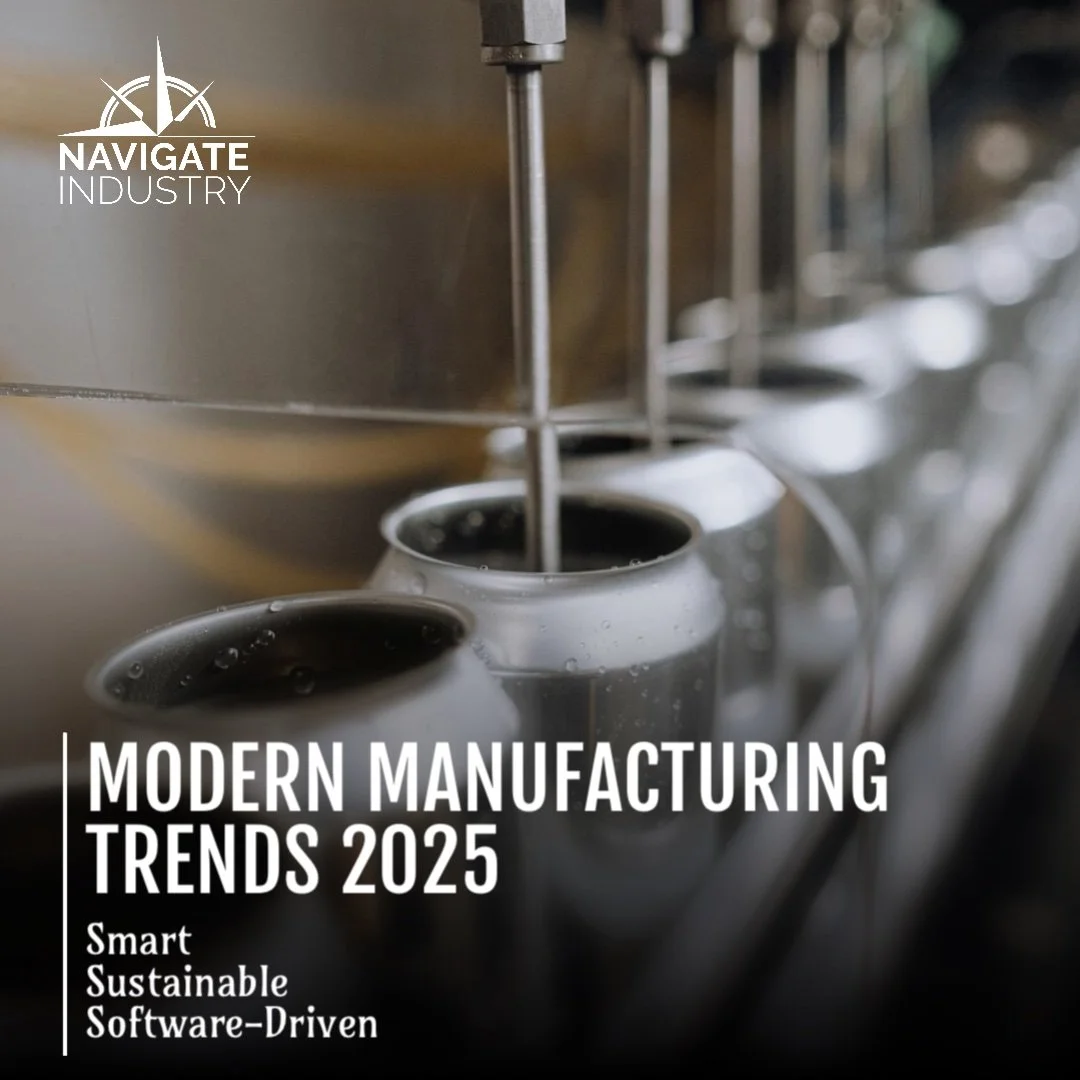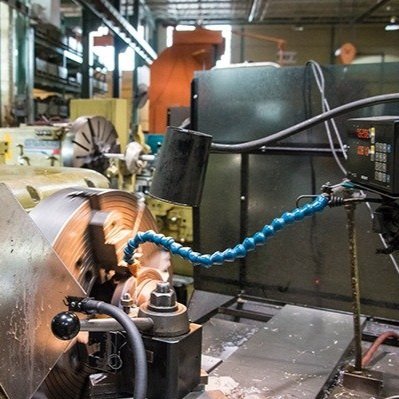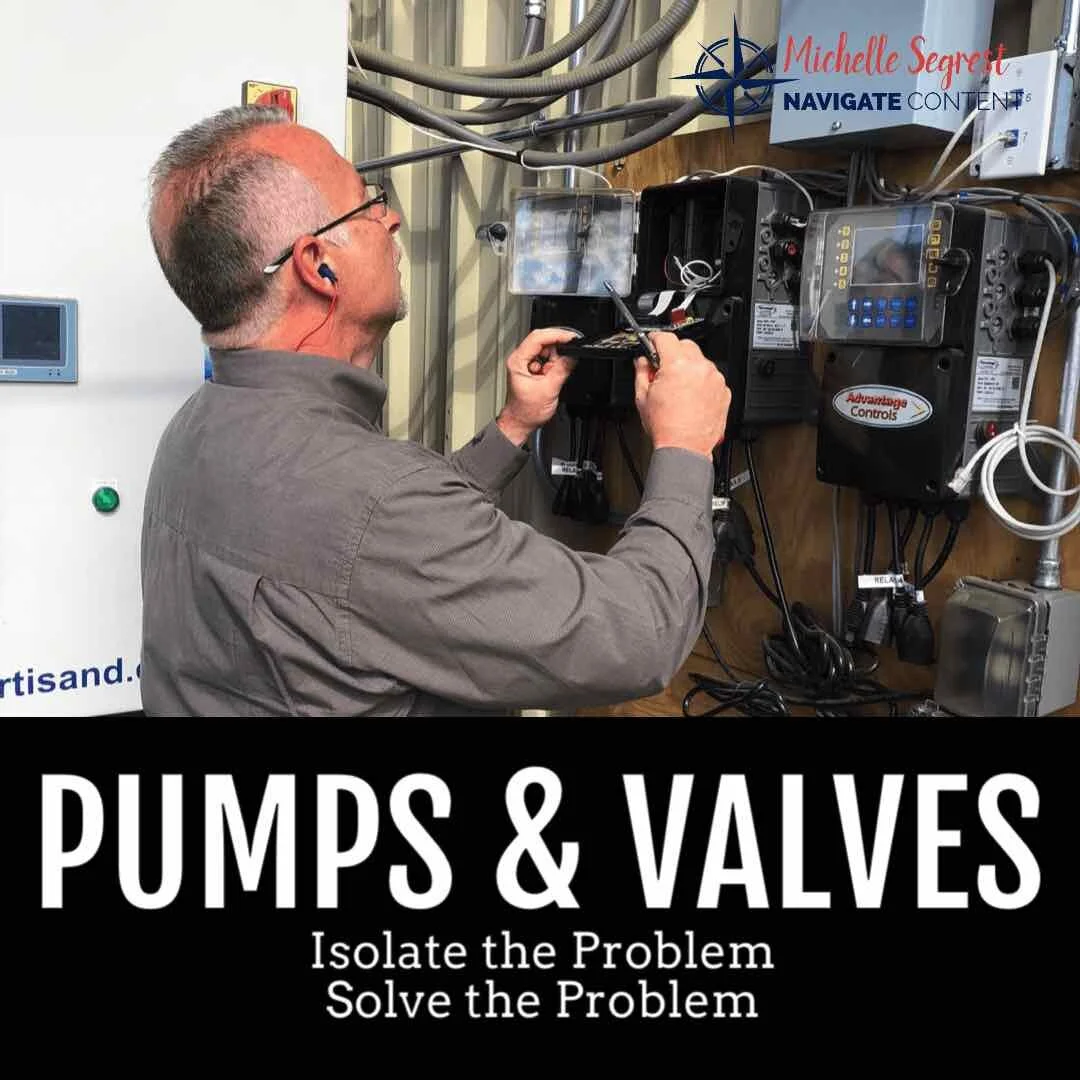Smarter Pump Protection Through Intelligent Drive Technology
/Discover how intelligent variable frequency drives are transforming pump protection and performance across water, wastewater, and HVAC applications—reducing energy costs, preventing damage, and improving reliability through built-in monitoring and control.
By Michelle Segrest, Reporting for Empowering Pumps & Equipment
A properly protected pump not only runs more efficiently—it can save enough energy to pay for the drive or even the entire pumping system. But effective protection requires more than equipment alone. It begins with understanding the problem and the application.
In industries such as water, wastewater, and HVAC, pump protection focuses on avoiding common failures like cavitation, dry running, clogging, and bearing wear. Intelligent drives, such as ABB’s ACQ580 series, address these challenges through real-time monitoring, automatic control, and preventive maintenance features—all without adding external hardware.
Common Pump Problems and Smart Solutions
Cavitation Detection and Control
Cavitation occurs when vapor bubbles form and collapse inside a liquid, releasing shockwaves that can erode impellers, housing, and other components. This typically results from low inlet pressure caused by leaks, low tank levels, or obstructions in the piping. The outcome is a noisy, vibrating, and increasingly inefficient pump.
To prevent cavitation, operators must ensure the suction pressure remains high enough to avoid vapor formation—a parameter known as Net Positive Suction Head (NPSH). Variable frequency drives (VFDs) can help by adjusting pump speed based on inlet pressure.
For example, ABB’s ACQ580 drives use a patented algorithm to detect cavitation through vibration and torque patterns. When the system senses cavitation, it automatically adjusts operating parameters or slows the pump until normal conditions resume—helping prevent impeller pitting and premature failure.
Dry-Run Protection
Running a pump without liquid—known as dry running—can quickly destroy seals, bearings, and shafts. Without the fluid’s cooling and lubrication, friction and heat build up rapidly, causing warping or cracking.
Modern drives can sense dry-run conditions and protect the pump automatically. ABB’s ACQ580 uses underload monitoring, level switches, and pressure sensors to detect when flow is absent. The drive then triggers warnings or shuts the system down before damage occurs, protecting seals and bearings and extending equipment life.
Intelligent Process Control
In HVAC systems, water demand varies drastically—such as a hotel’s peak morning use versus low afternoon flow. Intelligent pump controls allow the drive to automatically start or stop pumps to meet demand, share load equally, and reduce energy use.
ABB’s multi-pump control feature can coordinate up to eight pumps, synchronizing parameters and optimizing runtime. When one pump fails or requires maintenance, the backup automatically takes over. This level of redundancy and balanced operation reduces unplanned downtime and extends service intervals—all while conserving energy through smooth, demand-based speed adjustments.
Pressure and Flow Monitoring
Maintaining accurate pressure and flow is essential for process stability but challenging in variable conditions such as wastewater treatment. Sensorless technology offers an elegant solution.
Using built-in algorithms, ABB’s ACQ580 drives can estimate real-time flow and pressure based on motor torque and speed—no external sensors required. Operators can configure warning and fault thresholds to identify leaks, blockages, or low-pressure conditions early. This proactive monitoring prevents failures like cavitation or pipe rupture while maintaining consistent flow performance.
Pump Cleaning and Anti-Clogging
Wastewater pumps often face clogging from fibrous debris, sludge, and grease. Manually cleaning these pumps can be hazardous and time-consuming. Intelligent drives automate the process through programmable cleaning cycles.
ABB’s ACQ580 drive can detect overload or underload conditions and trigger an automatic “de-ragging” cycle—rapidly reversing impeller direction or pulsing rotations to dislodge debris. These self-cleaning routines can run on demand or at set intervals without halting normal operations. The result: fewer maintenance interventions, safer working conditions, and reduced system downtime.
Quick Ramps to Protect Bearings and Seals
Proper acceleration and deceleration (ramping) are vital for extending pump life, particularly for submersible or multistage pumps. Quick ramps at startup ensure immediate flow for lubricating and cooling bearings. Slow, controlled ramps minimize turbulence, water hammer, and turbidity in deep-well applications.
ABB’s dedicated ramp settings enable precise control over acceleration and deceleration. Soft starts limit mechanical stress, while tailored ramp profiles balance quick lubrication with smooth system pressurization. This combination reduces wear on seals, bearings, and valves, improving both performance and longevity.
The Role of Intelligent Drives in Sustainable Operations
Modern pump protection goes beyond avoiding failures—it supports efficiency, sustainability, and total lifecycle value. Intelligent VFDs provide operators with data-driven insights into energy usage, performance trends, and predictive maintenance. This visibility allows for smarter resource allocation and reduced carbon footprint.
The ACQ580 drive’s energy-optimization features automatically adjust motor speed to process demand, significantly lowering electricity consumption. These savings often offset the cost of the drive itself while delivering measurable environmental benefits.
Key Takeaways for Plant Engineers and Operators
Prevent cavitation through inlet pressure monitoring and adaptive speed control.
Avoid dry running by integrating underload protection and level detection.
Balance performance with multi-pump control and runtime optimization.
Reduce downtime through automated cleaning and fault detection.
Extend equipment life with intelligent ramping and load management.
Lower total cost of ownership with integrated energy-efficiency features.
These principles apply universally across pumping systems—whether managing municipal wastewater, industrial cooling, or HVAC circulation.
Moving Toward the Future of Pump Intelligence
The evolution of VFDs from simple speed controllers to smart, application-specific protectors marks a major shift in pump management. As plants embrace Industry 4.0 and digital transformation, intelligent drives are becoming central to predictive maintenance and system optimization.
For operators and engineers, the message is clear: by understanding the application and integrating smart protection strategies, it’s possible to reduce downtime, increase reliability, and make pumping operations both efficient and sustainable.
Michelle Segrest is president of Navigate Content Inc., and has been a professional journalist for four decades. She specializes in creating content for the processing industries and has written books about Modern Manufacturing best practices. If you have an interesting efficiency, maintenance, and/or reliability story to tell, please contact her at michelle@navigatecontent.com.






